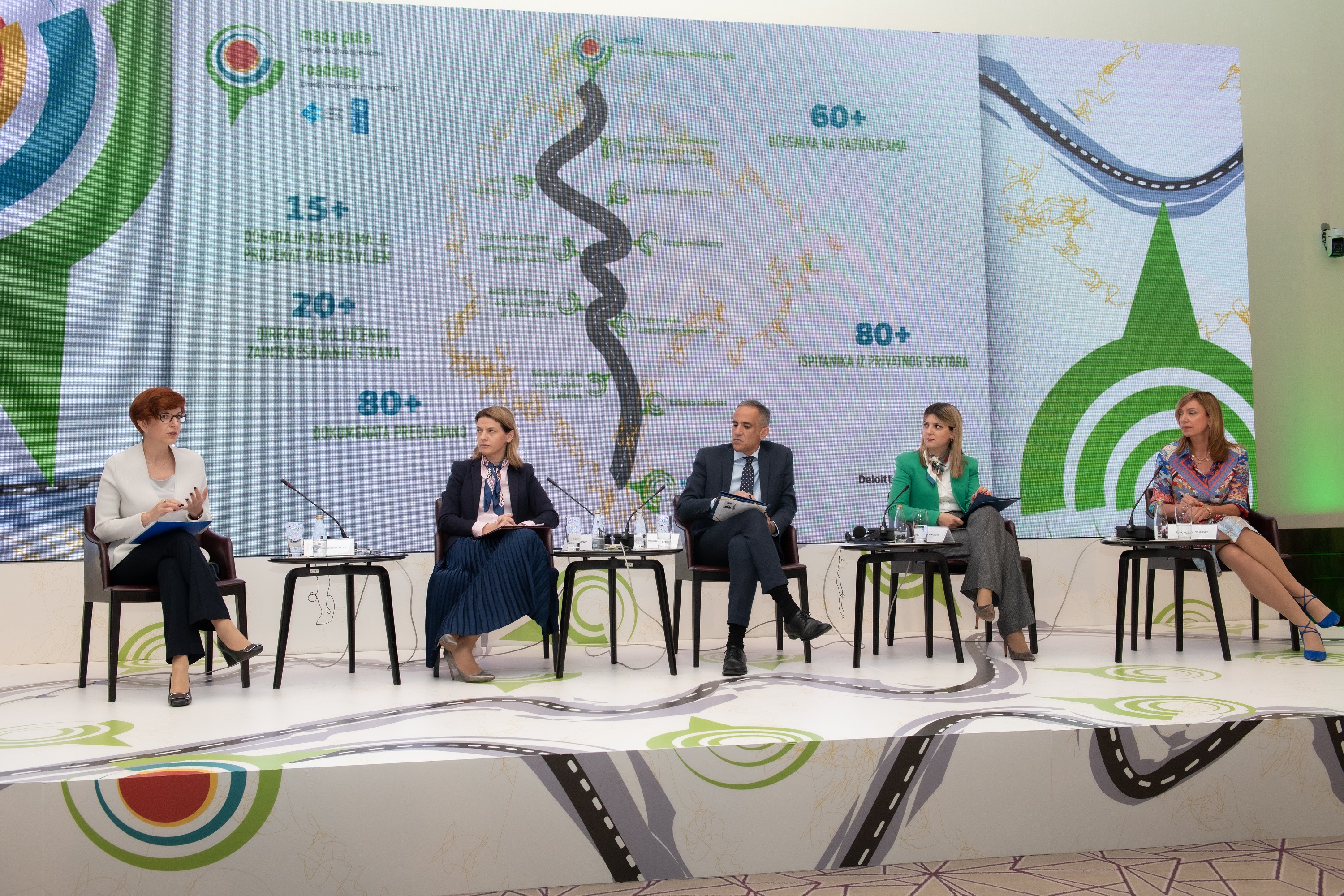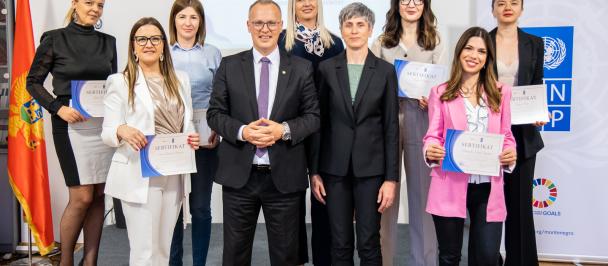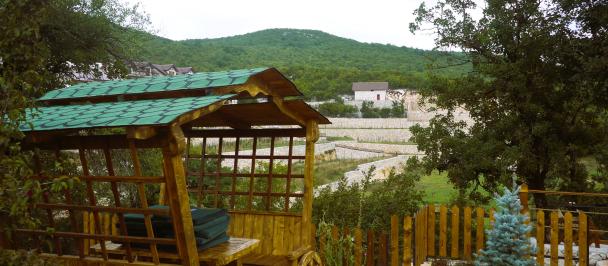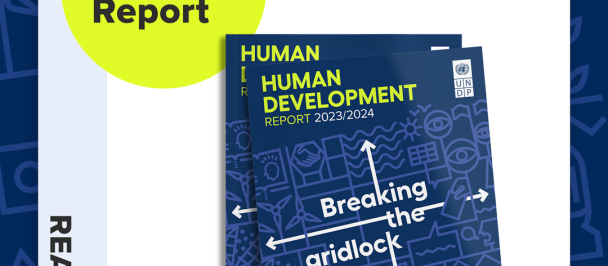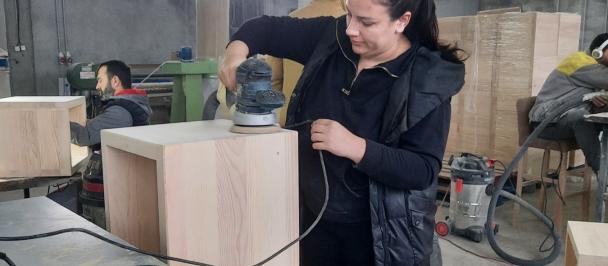Podgorica, April 21, 2021 – The Chamber of Commerce of Montenegro, in cooperation with the Office of the United Nations Development Program (UNDP) in Montenegro, organized a meeting to publish the Roadmap of Montenegro to the circular economy on the occasion of Earth Day.
Introductory speaker Marija Raspopović, Independent Advisor in the Project Sector of the Chamber of Commerce of Montenegro thanked the expert team and colleagues from UNDP for their dedicated work in developing the Roadmap, emphasizing the belief that joint activities will continue to contribute to the next steps towards circular transition in Montenegro.
The central part of the event was a panel on “Circular transition as a recipe for green economic growth and development“ with the participation of Dr. Nina Drakić, President of the Chamber of Commerce of Montenegro, Danijela Gašparikova, UNDP Resident Representative, Riccardo Serri, Deputy Ambassador from the Delegation of the European Union to Montenegro and Olivera Vukajlović, Director General of the Directorate for Improving Competitiveness in the Ministry of Economic Development of Montenegro.
The moderator of the meeting was Ladeja Godina Košir, from Circular Change, an expert on the project of creating a Roadmap of Montenegro’s transition to the circular economy. She emphasized the role of the Chamber of Commerce, which strongly supports the circular transition and connects the actors in this process.
“The roadmap is the result of intensive work, and the turning point is that the Chamber of Commerce has taken the initiative as the actor from which change begins“, she said, noting the importance of UNDP in recognizing the importance and funding of this project. as well as of the Deloitte and Circular Change teams, who, despite the pandemic, worked industriously on the Roadmap.
According to her, the circular economy is an interdisciplinary topic that requires a systemic approach, and the Roadmap is a compass to identify priorities and prepare projects for green funds.
“Montenegro, as a Sofia Declaration signatory, is provided with a great opportunity to make good use of the available finances on the path of green transformation. By 2024, 20 billion in investments and 9 billion in grants have been allocated for funding. However, without projects and clear plans and visions, these funds cannot be used,“ she said, adding that the areas with the greatest potential for circular transition are the food and forest system, built environment, tourism and production sector, which are interdependent.
President Dr. Nina Drakić said that the Chamber of Commerce of Montenegro initiated the development of the Roadmap, which represents the cornerstone of the transformation of the Montenegrin economy from linear to circular.
In all processes of a transformative and innovative nature, it is the business community that has the main role and driving force. That is exactly what we tried to convey through the participation of the Chamber in the process of developing the Roadmap, by taking on the role of those who lead this process“, Drakić said.
She pointed out that the green and circular economy were recognized as great opportunities for all economic actors in our society.
“In this regard, it is of great importance how we conceive and reform the economic environment today, and here, as the umbrella economic institution in the country, we recognized and decided to take responsibility – to do what is up to us, actively participating in the process, engaging our members, including institutional partners and civil society, all with the support of international organizations that are our long-term associates“, Drakić said.
She also expressed her belief that this process would have a transformative impact on the society in Montenegro. “The role of the green economy in the process of diversification of the Montenegrin economy and product competitiveness is significant, “ Drakić said.
The Chamber of Commerce, she emphasizes, truly believes in this process, appreciating that it represents a great opportunity for the economy and the country as a whole.
“We remain committed to the task of continuing to actively participate in the institution, helping, facilitating and encouraging our members to improve, develop and grow, because only in this way will we influence our society to further progress, grow and develop, which will ultimately result in more opportunities for our citizens and a better standard of living for all of us in Montenegro“, President Drakić concluded.
Daniela Gašparikova, UNDP Resident Representative for Montenegro, pointed out that the circular economy turns challenges into opportunities on the path to adopting more innovative business models that can protect the environment, climate, economy and our health.
“This transition will require a change of mindset and cooperation between policy makers, the financial sector, businesses and citizens. For example, the world is facing a crisis of food shortages, and yet on average 30% of food produced is not consumed but rather thrown away – which is the case in Montenegro as well. In order to improve the circular economy, Montenegro should continue to create preconditions for companies that want to move towards new business models, as well as send the right signals to all market players regarding environmental quality standards for new investments“, she concluded.
Riccardo Serri, from the EU Delegation to Montenegro, singled out the excessive exploitation of natural resources in the fight for economic growth, which takes place at the expense of the environment. He emphasizes that half of the total greenhouse gas emissions come from the extraction and processing of resources.
“Hence the idea of a circular economy that is spreading around the world. The aim is to ensure a balance between economic and environmental needs while creating opportunities for jobs and growth. The European Investment Plan for the Western Balkans, the European Green Deal, and the Green Agenda for the Western Balkans highlight the circular economy as one of the key broader areas. The Western Balkans need to link economic growth and new business opportunities with more sustainable production and consumption patterns. “It is necessary to reduce waste production, increase material reuse and recycling, and resource productivity while reducing pollution“, he said.
“To facilitate this major transformation, the EU is providing tangible financial support, primarily by making nine billion euros of EU funds available to the region to achieve the objectives of the Green Agenda under the Instrument for Pre-Accession Assistance (IPA). It is very important that Montenegro uses most of these and other means and opportunities that the EU can offer. “Today's launch of the Roadmap to a Circular Economy in Montenegro is an important step towards that goal,“ he said.
He adds that the successful transformation into a circular economy will help Montenegro meet the goals of sustainable development, as well as the Paris Climate Agreement, and the ambitions of the European Green Deal.
“I am sure that with the right vision and dedicated work, Montenegro can progress quickly and solidly towards a greener, more digital and resilient economy. The EU is also ready to support you on this path of transition“, Serri said.
Olivera Vukajlović, from the Ministry of Economic Development of Montenegro, pointed out that, in accordance with the development plans of the Government of Montenegro, economic recovery based on new postulates of innovation, digitalization and green development, is extremely important for Montenegro and will significantly improve the sustainability and resilience of Montenegro’s economy.
Montenegro's faster transition to a circular economy requires joining forces and cooperation of all actors at different levels, and constant reminders that the extraction of natural resources, from which the things we consume are produced, must be reduced, and that most of these products should not end as waste, but as new products,” she said.
In order to create conditions for a stronger economic recovery, the Ministry of Economic Development started activities earlier this year to develop a Circular Transition Strategy until 2030, as a key factor in the economic future and building new values.
Following the recommendations of the Roadmap, this document will establish the directions of the national transition to a circular economy, summarize achievements and recommendations for further improvement of both the commerce and the economy as a whole, and provide concrete and detailed operational guidelines that can be used daily in the circular transition process.

 Locations
Locations